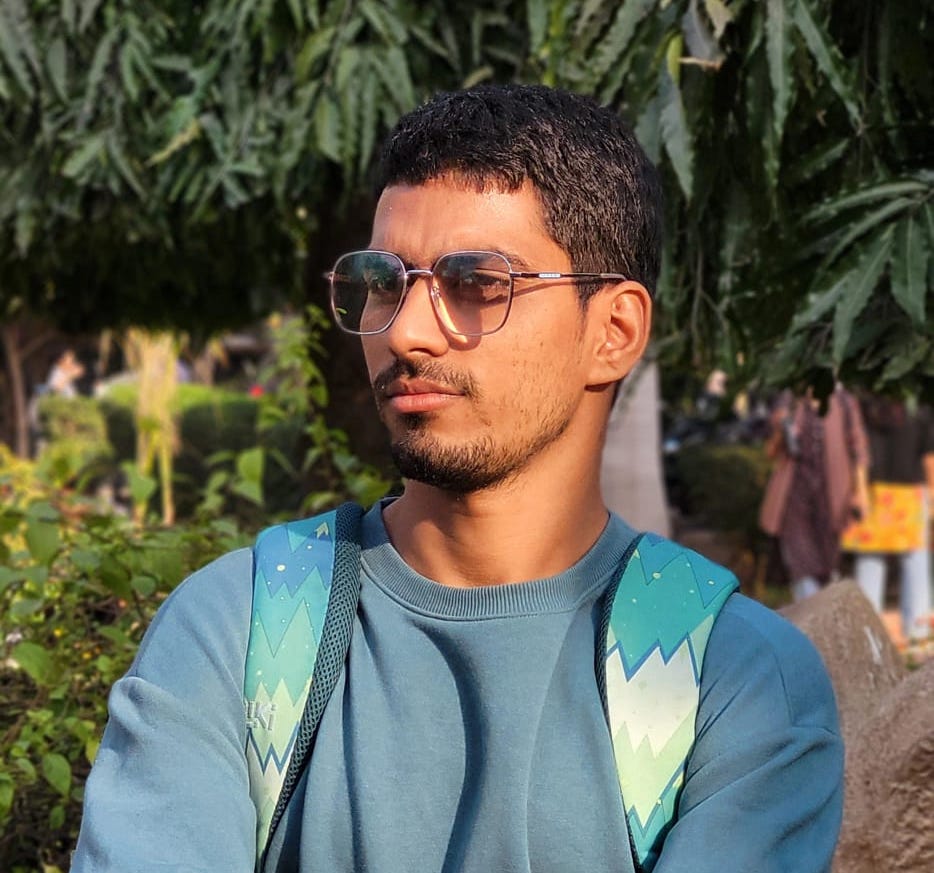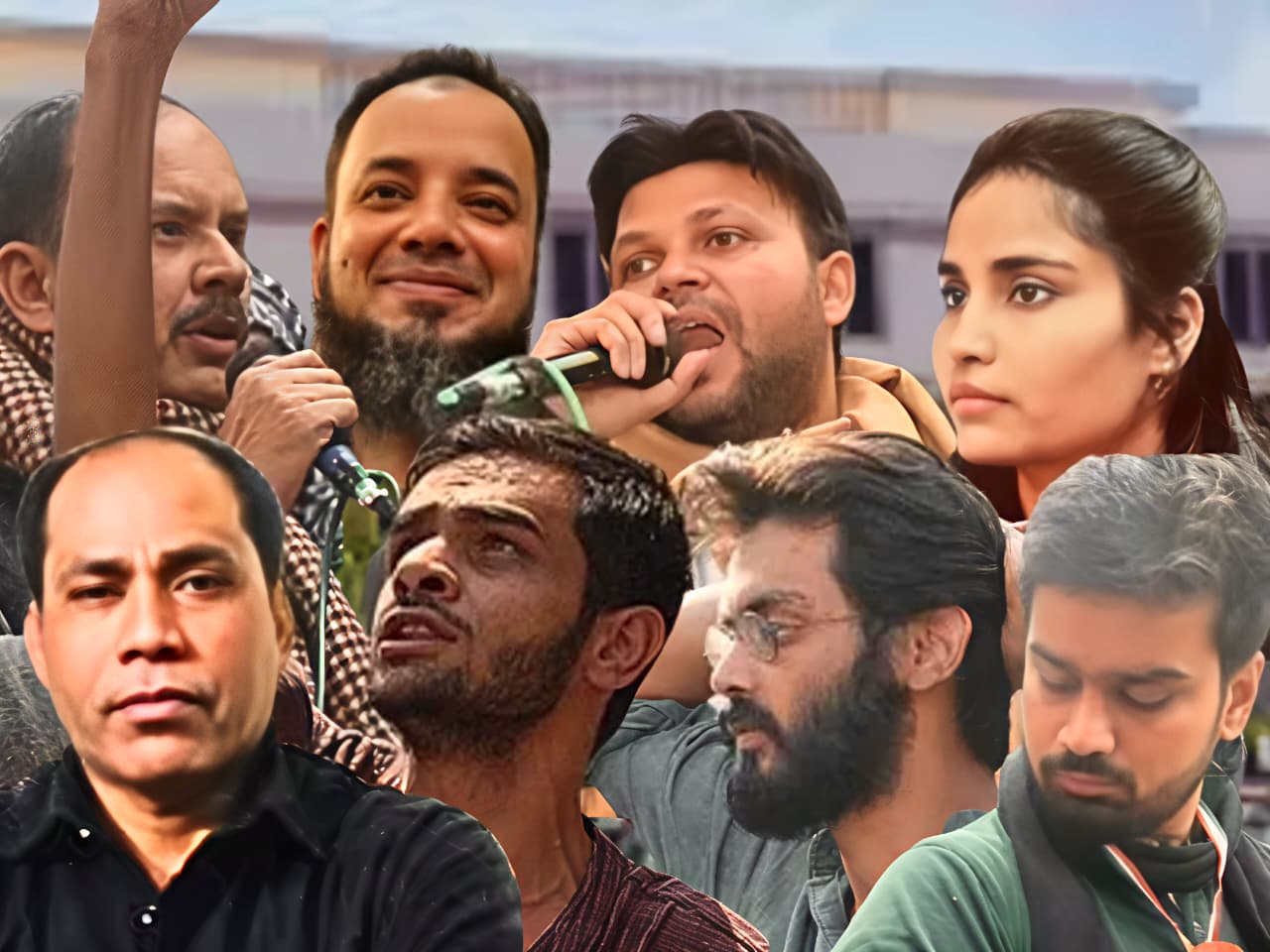On September 2, 2025, the Delhi High Court denied bail to Umar Khalid, Sharjeel Imam, and several co-accused in the Delhi riots conspiracy case, despite the absence of concrete evidence presented by the state. Ironically, Sharjeel Imam was arrested on January 28, 2020—before the riots occurred—yet the trial for these accused has proceeded against them all. These individuals have been jailed as undertrials for over five years, exceeding the maximum period of incarceration for the charges under which they are booked. In a further setback, the Supreme Court has adjourned Umar Khalid’s bail hearing fourteen times, raising concerns about judicial inaction and the seeming inability of the system to provide timely relief to minorities. Legal experts have criticized the denial of bail without proper consideration, noting that some co-accused’s pleas had been pending for nearly three years. This delay reinforces the perception that justice is reserved for the majority community alone. As a result, youth and scholars remain behind bars without trial, despite the Supreme Court’s own ruling that bail is the rule and jail is the exception. Tushar Mehta, representing the state, argued in a manner likened to political leaders, failing to cite relevant articles or sections that would justify the denial of bail: “Those acting against the nation must be in jail till trial ends.” The division bench led by Justice Subramonium Prasad, while denying bail to riot accused Tasleem Ahmed, emphasized that speedy trials are guaranteed under Article 21 of the Constitution. However, they stated that bail cannot be granted solely due to delays, especially when the delays are systematically caused by the accused. According to the court, granting bail on this ground would allow the statute, which restricts bail due to trial delay, to be circumvented. Similarly, the bench headed by Justice Navin Chawla, which denied bail to Umar Khalid and eight others, clarified that while speedy trials are part of Article 21, delay or prolonged incarceration cannot alone justify bail. The gravity of the offence and the role of the accused must be considered on the merits of each case. Under Section 43D(5) of the UAPA, bail cannot be granted solely due to delay; courts must first determine if there is a “prima facie” case after merit assessment. This approach stands in stark contrast to recent bail grants in other high-profile cases: V. Senthil Balaji (2024): The former Tamil Nadu Minister was granted bail after 15 months in custody without a clear trial timeline. The court cited the 2021 ruling in Union of India v. K.A. Najeeb, which mandates that stringent bail provisions “melt down” if the trial is not concluded within reasonable time. Gautam Navlakha (2024): The journalist and activist was released on bail after four years in custody under the UAPA, as the trial was nowhere near completion. The long delay and the fact that co-accused had already been granted bail were crucial factors. Despite these precedents, the High Court’s refusal to intervene appears less of an issue of delay or caution, and more of complicity. Liberty was treated as expendable by the judges. This situation prompts reflection: what has become of the judicial system when candidates for Chief Justice ascend under suspicion and the Supreme Court Bar remains silent, acting like a servile notary? India’s justice landscape grows starker when compared to the fates of those speaking for constitutional rights, who are jailed, while convicted rapists like Asaram and Ram Rahim are repeatedly granted bail and parole.
Timeline of Key Arrests in the Delhi Riots Case
– Sharjeel Imam: January 28, 2020– Umar Khalid: September 13, 2020– Athar Khan: June 29, 2020– Khalid Saifi: February 26, 2020– Mohd. Saleem Khan: June 24, 2020– Shifa-ur-Rehman: April 26, 2020– Meeran Haider: April 1, 2020– Gulfisha Fatima: April 4, 2020– Shadab Ahmed: June 11, 2020 Mehta further alleged that the accused deliberately chose specific dates to globally defame the nation by fomenting additional rioting. The Delhi High Court stated that the trial’s “natural pace” must be maintained, and a hurried trial would affect the rights of both the accused and the state. The chargesheet runs over 3,000 pages, plus 30,000 pages of electronic evidence. The bench affirmed the gravity of Imam and Khalid’s role in the alleged conspiracy, stating they delivered inflammatory speeches for mass mobilization of the Muslim community, and organized protests and disruptions. The Court recognized the right to protest and speak publicly under Article 19(1)(a), but clarified that this right has reasonable restrictions and does not extend to conspiratorial violence under the guise of protest. The evidence presented was said to be sufficient, at least at this stage, to deny bail. The treatment of these undertrial prisoners, the handling of bail pleas, and the apparent disparities in judicial decisions on similar cases all raise pressing concerns about India’s commitment to constitutional principles and equal justice for all its citizens.

Mohammad Hesham Atik is an undergraduate student of Psychology at Jamia Millia Islamia, with a minor in Economics. He has also pursued certified courses in Urdu from Jawaharlal Nehru University. His interests include psychology, social issues, and cultural studies.

